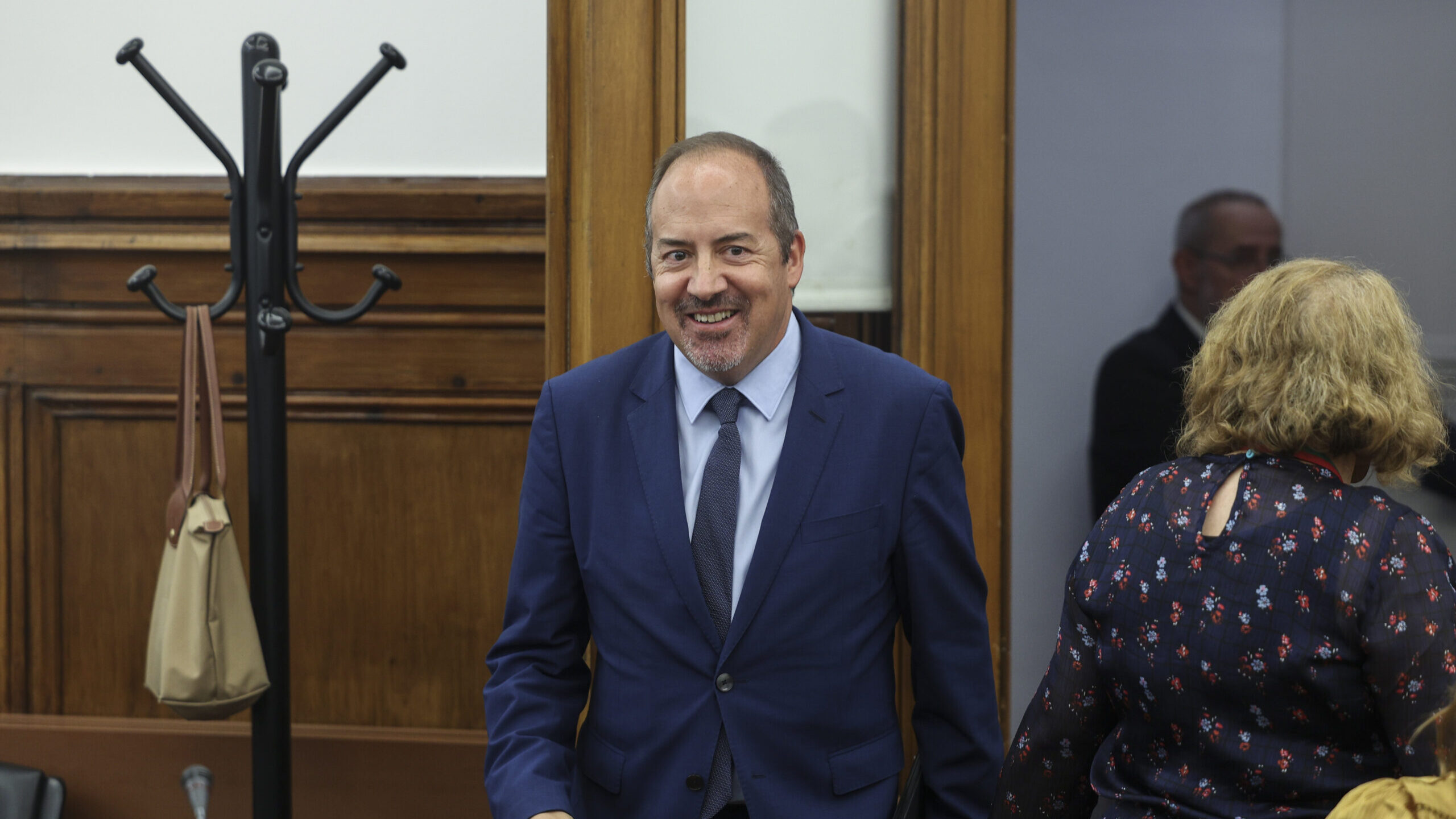Government chooses telecoms regulator to oversee AI in Portugal
The Secretary of State for Digitalisation announced on Friday that Anacom will be the regulator of artificial intelligence in Portugal under European legislation.
The Secretary of State for Digitalisation, Bernardo Correia, confirmed on Friday that Anacom, the National Communications Authority, will supervise the European artificial intelligence (AI) regulation in Portugal, also known as the AI Act.
“After much study, consideration and discussion, we intend to appoint Anacom as the supervisory authority for the main market and as the contact point for AI regulation in Portugal, thus ensuring a preferred point of contact and coordinator for companies and citizens, and the concentration of technological capacity and the necessary means for this function”, he announced, speaking at the opening of Anacom’s annual conference, dedicated this year to the challenges of AI regulation, which is taking place this Friday in Lisbon.
“Anacom’s extensive experience as a market regulator in the technology sector also weighs heavily in this decision, contributing to a solid and predictable environment, and especially in recent years, [with] the constructive and dialogue-based role that Anacom has achieved with the sector, which we welcome and hope will continue”, added the Secretary of State for Digitalisation, who is part of the Ministry of State Reform.
Portugal is behind schedule in implementing the AI Act, as this step should have been taken and made official by 2 August. However, as ECO also reported earlier this month, only seven European Union countries had designated their AI supervisory authority within the deadline, with Belgium, France, Germany and Italy in the same situation as Portugal.
Anacom is the digital regulator in Portugal
The long-awaited confirmation of Anacom as the AI regulator in the Portuguese market is in line with market expectations. The choice became even more natural after the Government decided in August to concentrate the European Digital Services Act (DSA) on Anacom, abandoning a previous plan that would have divided these powers between Anacom, the National Data Protection Commission (CNPD) and the Media Regulatory Authority (ERC).
In his speech on Friday, the Secretary of State for Digitalisation stated the Government’s intention to “unify digital regulation” in Portugal, insisting on the “merger of regulators in this area” to “create a regulatory environment” that “gives more power to the State” and makes life easier for citizens and businesses.
Still on this point, Bernardo Correia clarified that the creation of the Agency for Technological Reform of the State (ARTE), which originated from a reformulation of the Agency for Administrative Modernisation (AMA) promoted by the current Government — and which will include the new role of CTO of the State, officially, Director of Information Systems and Technologies of Public Administration —, will lead to the “merger of several public administration entities”, creating “a single, strengthened entity to accelerate the technological transformation of the State”. “That’s how we see it. It’s not a regulator, it’s there to execute and build”, said the Secretary of State, on the role of ARTE.
Successful regulation lacks resources, experts warn
In response to this announcement by the Government, Pedro Lomba, a partner at PLMJ, a law firm, is not surprised by the decision, in light of the Executive’s recent choices: “I was already expecting the following: the previous administration had in mind the creation of a new agency for digital regulation through the transformation of AMA. The new administration, by converting AMA into an agency for technological reform (in a spirit of continuity), was clearly removing AMA from the role it was already assuming.”
“It should be noted that AMA was acting as the point of contact with the European Commission under the Regulation. The choice of Anacom, from among the available entities, seems normal to me. It is the most prepared entity among regulators to take on this role, given that Anacom already had regulatory powers in the field of electronic commerce and, more recently, the Digital Services Act”, he recalls.
Adolfo Mesquita Nunes, a partner at Pérez-Llorca, another law firm, considers it “positive” that the Government has concentrated AI regulation “in a single entity”. “In Portugal, knowledge and expertise in this area are still under development, and it would not make sense to spread competences across various sectoral authorities”, he stresses.
Both lawyers and AI regulation experts agree that the success of the regulation will depend on the resources allocated to Anacom to carry out these tasks. “It will always need more resources. This is happening all over Europe. It will need to develop a national AI Office”, says Pedro Lomba.
Adolfo Mesquita Nunes also states that “the key now is to understand whether Anacom has — or will be able to secure — the human and technical resources necessary to fulfil this mission”. “Regulating artificial intelligence requires multidisciplinary teams with specialised technical and legal knowledge to understand the challenges of regulation but also of innovation, something that cannot be built immediately”, he warns.
The Pérez-Llorca expert also says he hopes “that the regulation of artificial intelligence, especially at such an early stage, will be developed in dialogue with the private sector”. “Only through open interaction between the regulator, companies and experts will it be possible to develop effective, balanced rules that are adapted to the country’s technological and economic reality”, concludes Adolfo Mesquita Nunes.
At the same time, Pedro Lomba adds that it remains to be clarified “whether the Portuguese model for implementing the regulation will be more centralised in Anacom (in the Spanish or German style) or more decentralised, as in other countries”.




